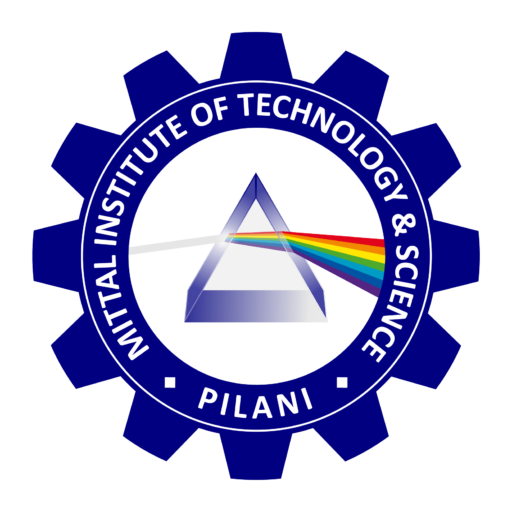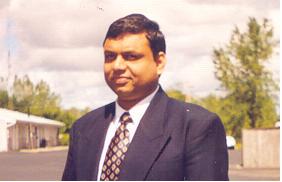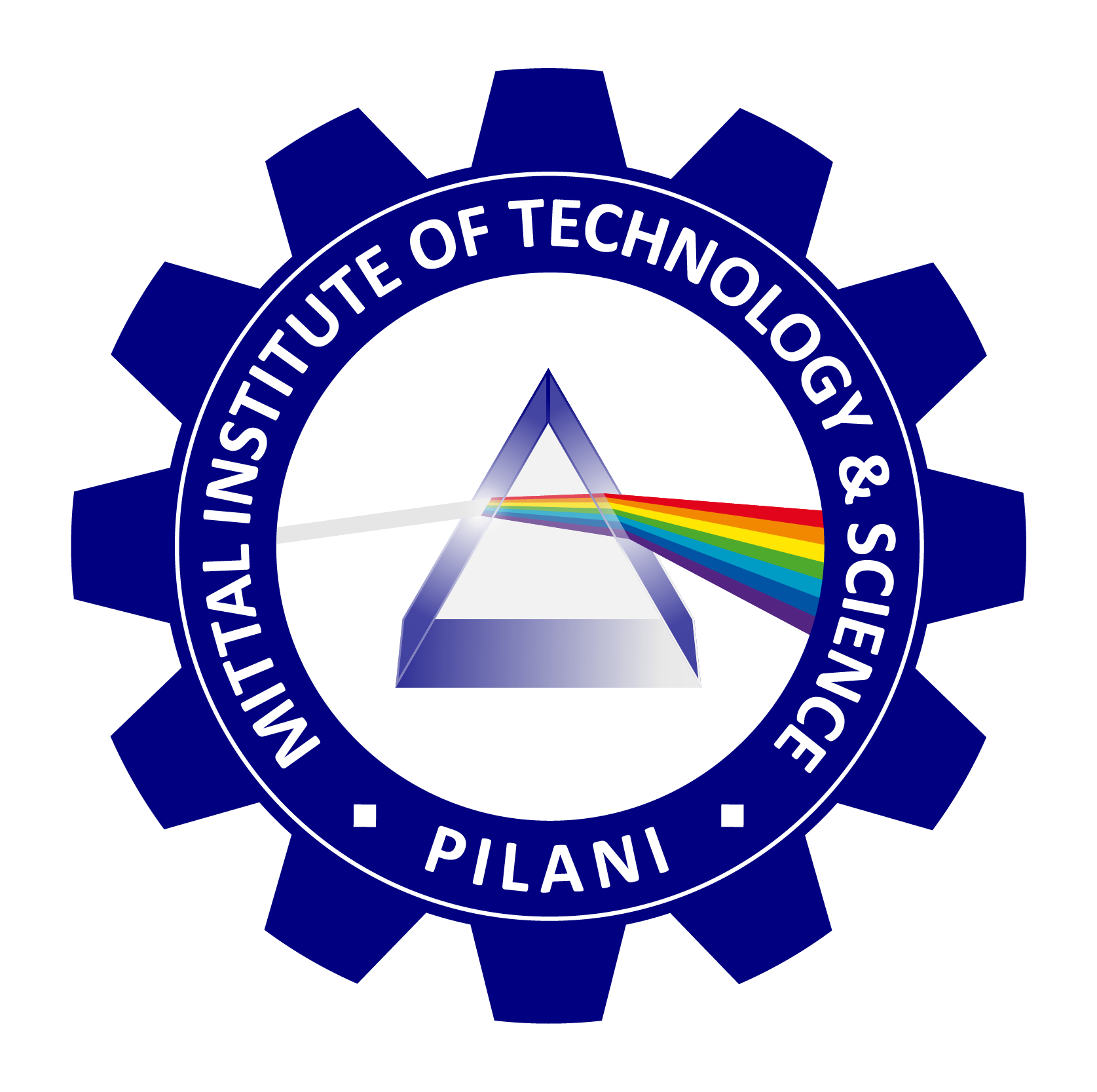
MITTAL INSTITUTE OF TECHNOLOGY & SCIENCE, PILANI
Space Research and Innovations in Medical Science
Introduction
Space research has long been associated with exploring the cosmos, but its impact extends far beyond astronomy and planetary science. One of the most remarkable benefits of space exploration is its contribution to medical science. Research conducted in space has led to groundbreaking innovations in healthcare, improving diagnostics, treatment, and patient care on Earth. The unique challenges of space travel—such as microgravity, radiation exposure, and extreme conditions—have necessitated the development of advanced medical technologies, many of which have found applications in everyday healthcare.
Medical Challenges in Space and Their Solutions
Astronauts face numerous health challenges in space due to the absence of gravity, radiation exposure, and prolonged isolation. These challenges have driven advancements in medical research, leading to innovations that benefit both astronauts and people on Earth.
- Microgravity and Muscle/Bone Health
- In space, astronauts experience muscle atrophy and bone density loss due to prolonged weightlessness.
- NASA and other space agencies developed exercise regimens, bone loss prevention drugs, and advanced imaging techniques to study bone deterioration.
- These innovations have led to better treatments for osteoporosis and muscle-wasting diseases on Earth.
- Radiation Exposure and Cancer Research
- Astronauts are exposed to higher levels of cosmic radiation, increasing their risk of cancer.
- Space research has advanced radiation shielding materials and improved our understanding of how radiation affects human cells.
- This has contributed to better cancer treatment technologies, such as improved radiation therapy and early cancer detection methods.
- Remote Healthcare and Telemedicine
- In space, medical assistance must be provided remotely since astronauts are far from hospitals.
- NASA developed telemedicine technologies, including remote diagnostics, robotic surgeries, and AI-powered health monitoring.
- These technologies are now widely used on Earth, improving healthcare access in remote and underserved areas.
- Telesurgery techniques, developed for space missions, have enabled robot-assisted surgeries in hospitals worldwide.
Space Technologies Transforming Medical Science
Several technologies originally developed for space exploration have been adapted for use in medical science.
- MRI and CT Scan Technologies
- Space telescopes use advanced imaging techniques to observe celestial bodies.
- These same principles were applied to develop Magnetic Resonance Imaging (MRI) and Computed Tomography (CT) scans, revolutionizing medical diagnostics.
- Artificial Intelligence in Medical Research
- AI-driven systems were initially designed to process space mission data and analyze planetary surfaces.
- Today, AI is used in medical imaging, disease prediction, and personalized medicine, significantly improving diagnosis and treatment.
- Wearable Health Monitors
- NASA developed biosensors to monitor astronauts’ health in space.
- These have led to wearable health devices, such as fitness trackers, smartwatches, and continuous glucose monitors for diabetics.
- 3D Bioprinting and Tissue Engineering
- In space, scientists experiment with 3D bioprinting to create human tissues in microgravity.
- This technology is now being adapted for organ regeneration, which could one day eliminate the need for organ transplants.
Space Research Contributions to Medicine
|
Space Research Innovation |
Medical Application |
|
Microgravity studies on bone loss |
Osteoporosis treatments |
|
Radiation shielding for astronauts |
Improved cancer therapies |
|
Telemedicine and remote monitoring |
Healthcare in rural areas |
|
AI for space data analysis |
AI-driven medical diagnostics |
|
3D printing in space |
Tissue regeneration & prosthetics |
|
Space imaging technology |
MRI and CT scan advancements |
Future Prospects: Space Medicine for Earth and Beyond
As space agencies plan for long-duration missions to Mars and beyond, further medical advancements will be necessary. Some promising areas include:
- Regenerative medicine – Using stem cells and tissue engineering to repair injuries.
- Pharmaceutical research – Studying drug behavior in microgravity to improve effectiveness.
- Mental health technologies – Developing AI-driven therapies for astronauts, which can help patients with depression and anxiety on Earth.
Space research has profoundly impacted medical science, leading to innovations that improve healthcare on Earth. Technologies developed for astronauts have transformed diagnostics, treatment, and patient care, benefiting millions worldwide. As space exploration advances, it will continue to drive medical breakthroughs, making healthcare more effective, accessible, and personalized for future generations.

Professor Rakesh Mittal
Computer Science
Director
Mittal Institute of Technology & Science, Pilani, India and Clearwater, Florida, USA
